Writer Jack Thorne on leaving things out of His Dark Materials for TV
The writer of ‘Harry Potter and the Cursed Child’ and ‘Kiri’ talks to Charlotte Cripps about adapting Philip Pullman, workaholism, sexism in the TV industry, the disgusting prejudice against disabled people, and his latest Channel 4 drama, ‘The Accident’

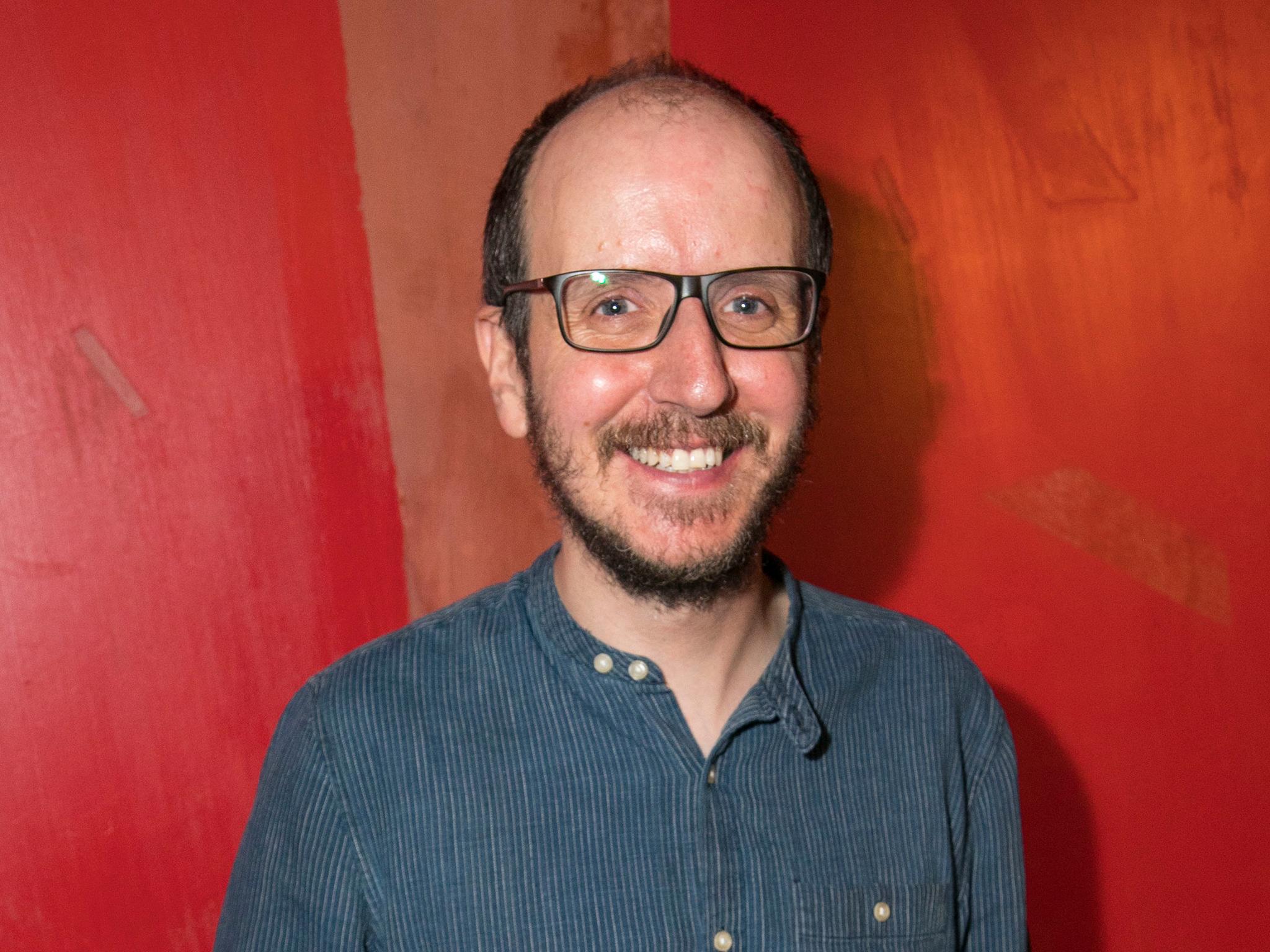
I’m sitting in a London hotel lounge and a young timid looking Welsh girl has just curtsied to Jack Thorne, with an adoring look in her eyes. At first, I think his fan is a hotel guest and wonder how on earth she recognises the screenwriter and playwright behind the Bafta-winning National Treasure, Harry Potter and the Cursed Child and the much-anticipated BBC adaptation of Philip Pullman’s His Dark Materials. But then I recognise her as the teenage star Jade Croot from his harrowing new Channel 4 drama, The Accident. She couldn’t look less like the tough and rebellious character she plays in the gripping four-parter about a community tragedy in a Welsh village.
But as I walk over to Thorne, it turns out he is also in awe of someone in the room. He gets up to greet me, looking meek and mild – slightly nervous, even, as he says hello. “Do you watch Succession?” he whispers excitedly, gesturing to his right. “That is the guy from Succession over there. [Creator] Jesse Armstrong – he’s a genius.”
Thorne has been spending a lot of time recently with another writer discussed with similar reverence – Philip Pullman. “That is the biggest thrill of working on adaptations – spending time with the authors,” Thorne says. He describes the children’s author as a “very kind and exacting man” whom he met at his “beautiful farmhouse – well, I think it’s a farmhouse” outside Oxford many times while adapting His Dark Materials, which will air next month with a starry cast that includes James McAvoy, Ruth Wilson and Lin-Manuel Miranda.
“Philip’s been the person who has created Lyra’s story and I’m trying to be as faithful to her as he was,” he says. “I’m trying to treasure the good stuff, all of it is beautiful, but there are some demands of the medium that mean that sometimes you have to step away. But I do it reluctantly and I do it as faithfully as I possibly can.”
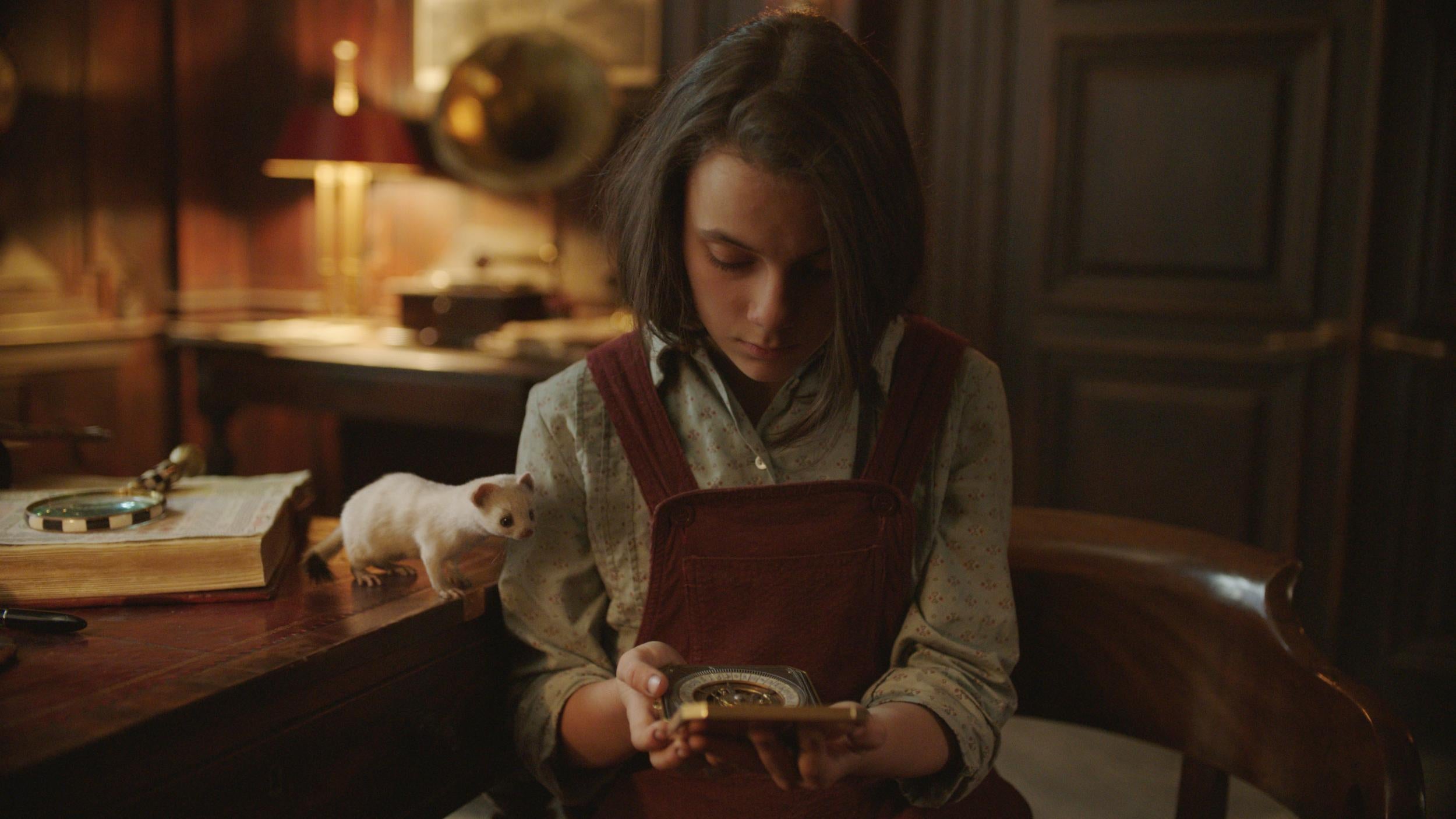
Thorne carried out what he refers to as a “PhD in Philip Pullman” to create the TV script, finding clues in all the hefty tomes. “Philip has got an incredible mind. And one of the things we tried to do was to sort of pick him up and shake him to get all the stories out. We would go there armed with different things we had taken from different bits of the story and go, ‘So what is the thread that connects these things?’ And he would tell us little unheard stories that had occurred in gaps of the chapters.”
Having Pullman on tap made a change from getting “stuck”, he says, as writers often find themselves. “He just gives you the answers to everything.“
It was a different process working as a storyteller with JK Rowling in a “beautiful writing hut” at the back of her house in Edinburgh on their Harry Potter stage hit, before he went off and wrote the script himself.
“With Philip my job is to serve the books. But with Jo it was serving the characters – but 19 years later.” The idea for the show stemmed from Rowling’s last chapter of the last Harry Potter book, 19 Years Later, about an older Harry who is 40.
Thorne was starstruck by Rowling and drafted in his wife to read his emails to the author before he sent them. “I didn’t want to sound too desperate to be her friend. That thing of writing to somebody you really admire and just not making yourself sound like a dick.”
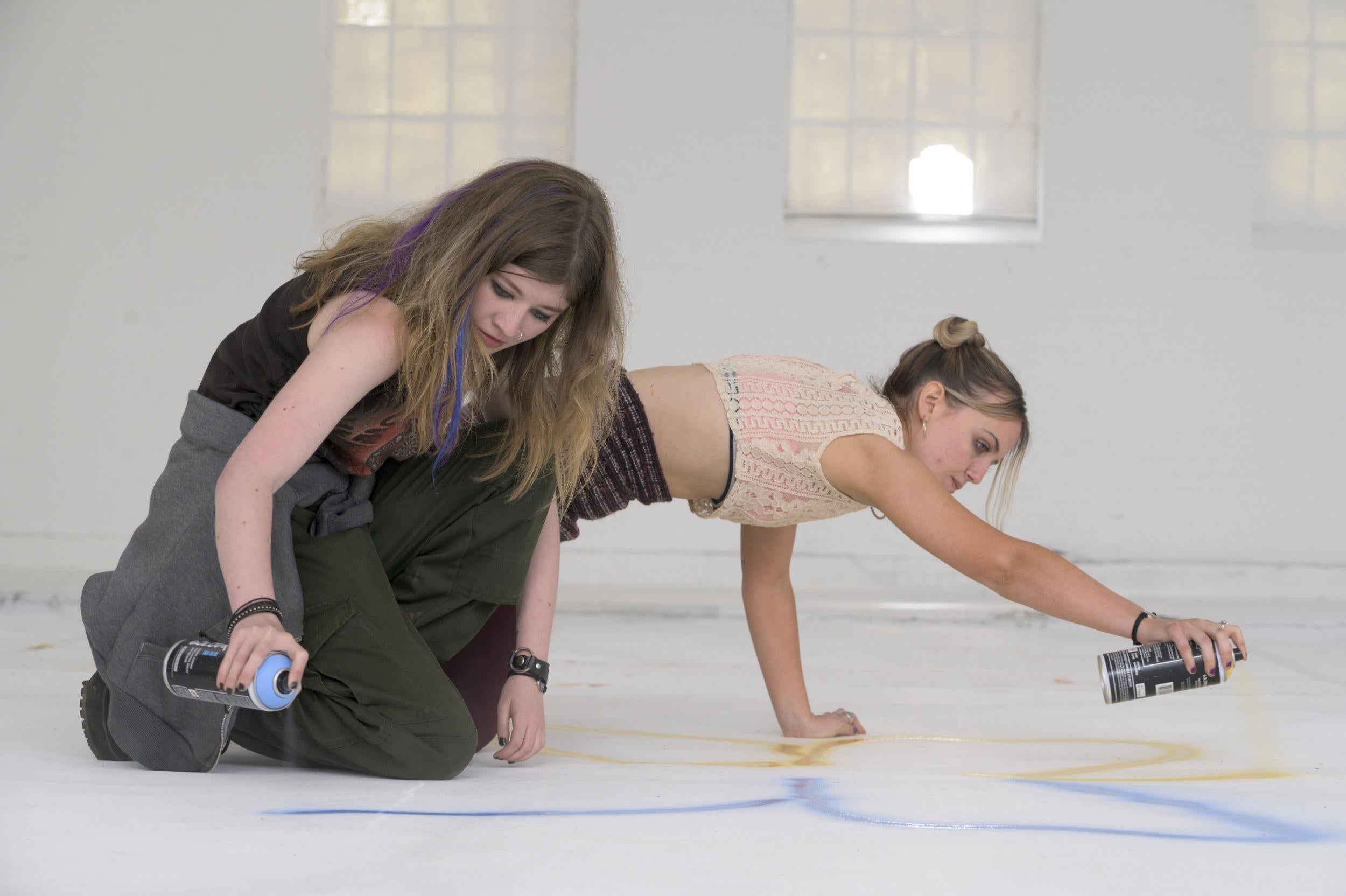
Collaborating seems to come naturally to Thorne, who made his name as one of the writers on the era-defining E4 teen drama Skins, and would later co-write with Shane Meadows much of the latter’s This is England TV series, as well as their well-received The Virtues, based on Meadows’s repressed childhood memories of sexual abuse. But he’s also known for solo works, including a heap of plays – most recently one about his parents in The End of The World at the Royal Court earlier this year, which is his most personal work to date and had rave reviews.
His latest fast-paced TV drama, The Accident, is the final part of a trilogy that included National Treasure (2016), which was inspired by Operation Yewtree and Kiri (2018) about the abduction of a nine-year-old girl.
The Accident tackles justice in the aftermath of a community tragedy in a Welsh village, caused when Jade Croot’s Leona, armed with graffiti aerosol cans, leads her mates into a construction site, which then dramatically explodes. Sarah Lancashire, who starred in Kiri, plays Leona’s mum.
All three TV shows take a peek behind the UK’s curtains and at “our blame culture”, Thorne says, as well as at issues including “guilt, innocence, justice, and gender, race, class –you know, the things that define us slightly”.
“I just feel like this has been my opportunity to say ‘This is how I feel about our world’,” he says. “I’m aware that my shelf life is limited. That there is going to be a time, probably quite soon, when I’m not wanted. This is the sort of writer I want to try and be.”
Thorne lives in London with his wife, Rachel, who does IVF counselling and their son Elliot, 3, whom they finally had after seven rounds of IVF.
Their fertility struggles inspired his play The Solid Life of Sugar Water at the National Theatre in 2016 after he felt “an inability to reach [Rachel]”. But now with these trials behind him, he wants to discuss Peppa Pig.
“Have you been to Peppa Pig World?” he asks me. “It’s amazing. I took Elliott yesterday. I really recommend it. Elliott went nuts for it. He didn’t want to leave. I was on the ride – you know the Windy Castle story in Peppa? And you are spiralling higher and higher – and they were doing this thing where they are playing with you being in the wind – and I was terrified. And I was thinking that fundamentally [The Accident] is a show about being a parent and losing your kid. I don’t think I could have written The Accident without being a dad.”
But for all his apparent time off to hang out with his son, he is actually “the hardest-working man I have ever met” according to Meadows and a self-confessed workaholic: “I’ve got an addiction problem and I’m trying to deal with that addiction problem which is work. I’m still working it out to be honest,” says Thorne.
“I have been a terrible friend – a friend of mine emailed me at Christmas time last year to say ‘Where the f**k have you been? I’ve been in pain and you haven’t been anywhere near’ and that really stuck with me. I have been a bad husband. I’ve been an OK dad. I have always made time for Elliot.”
There was a time when Thorne used to write all night as a bachelor in Luton, until he got married and pencilled in half a day off to spend with his wife, but now, as a parent, it has all changed.
“Work and Elliott became my life for about three years and now I’m emerging from that and trying to work out how to be more than just a dad and a writer,” he says.
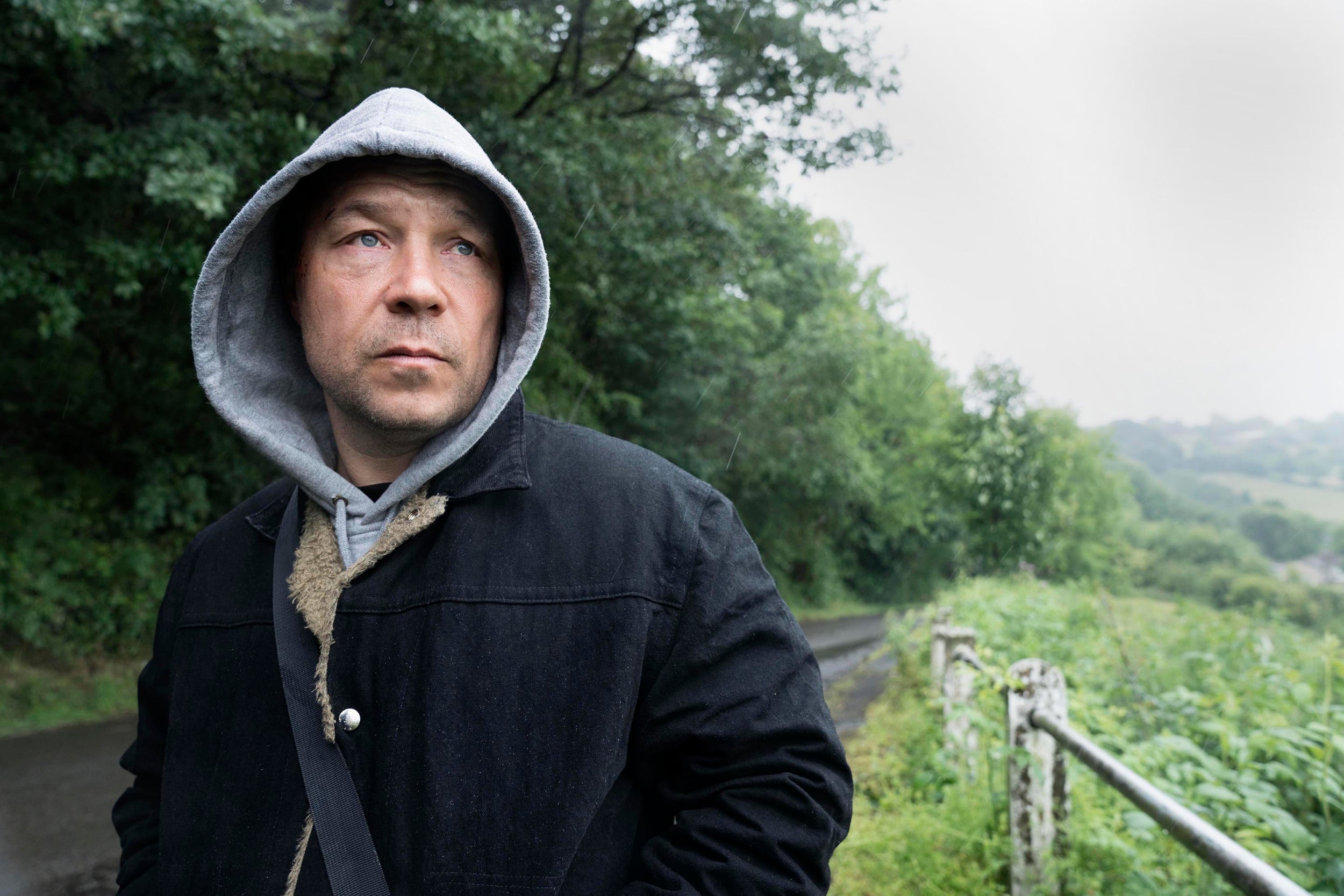
Born in Bristol, Thorne started writing plays – about 22 in total – during his time at Cambridge University and while attending the Royal Court young writers’ programme. When You Cure Me was his debut proper, performed at the Bush Theatre in 2005.
What made him persevere with playwriting? Thorne had the ”amazing luck”, he says, to meet his close friend Laura Wade, who wrote the smash hit Posh, on the young writers’ programme.
“She became a superstar very quickly. So as I was watching her become venerated, she was also reading everything I did. She was telling me I was worth something and she was supporting me …and to have someone like that – someone on the one hand I thought was a great writer but on the other hand other people knew was a great writer, who was prepared to put that time into me – that was crucial and I may not have stuck it without her.” There are other mentors along the way, he says, including Teresa Topolski who was a reader at the Bush, “who made me a better writer” and “gave me good advice”.
But it was when he was asked to write an episode of Skins, the raucous, groundbreaking teen drama, that his career took off. “It was like being given the keys to the kingdom,” he says about the show that premiered in 2007. “And it happened so quickly – you know, bewildering fast – and then it was on telly and people went really wild. It was just one of those things, when suddenly all your dreams are coming true. How has this happened to me?”

Thorne wrote five episodes – “it was an incredible ride,” he says – including stand-out episode "Effy", in which quiet runaway teen Effy blurts out a profound statement: “Sometimes I think I was born backwards... you know, come out of my mum the wrong way. I hear words go past me backwards. The people I should love I hate, and the people I hate…”
He credits Skins’ creator Bryan Elsley, who wrote the show with his son, Jamie Brittain, with teaching him to write for TV. “Bryan was very kind and always gave space to other writers. He is a brilliant writer and an equally brilliant script editor. He taught us all how to screen-write because he basically had a bunch of people – Lucy Kirkwood (Chimerica), Ben Schiffer (Stan Lee’s Lucky Man), Dan Kaluuya (the Get Out star) who had never written before for telly. And he taught us all how to do it. These people who are capable of teaching others have such an incredible legacy. There are not many of them in telly, but Bryan is the best of them.”
Kirkwood went on to do great things after Skins, but has he come across sexism in the industry? “Yes, I suspect I have seen quite a lot of it, I suspect I have been aware of some of it. I couldn’t identify moments when I’ve seen it sort of with a hammer blow, but I think that is what prejudice is – it is subtle,” he says.
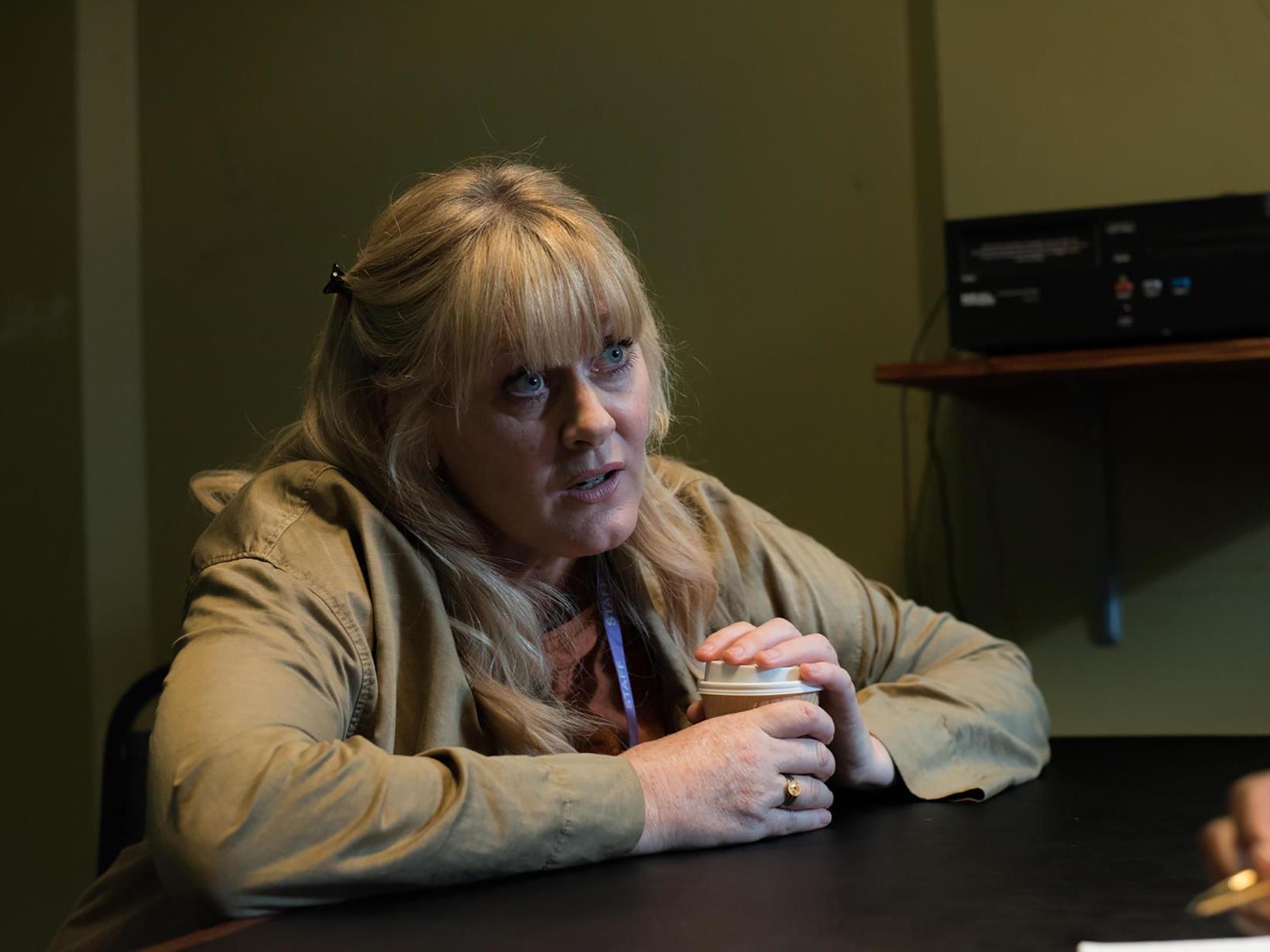
“I have seen writers fall by the wayside that shouldn’t have fallen by the wayside. It’s a structural problem – so you would encounter other people being blocked.”
He lists his close female friends who were luckier and “caught fire”, not just Wade and Kirkwood, but also Fleabag’s Phoebe Waller-Bridge, whom he met when she was in her second year at Rada.
“I noticed it a lot more with disability, I’d say – I see just straightforward prejudice. I think the inherent bias against people with disability is still incredibly disgusting.”
After a writing stint on Skins and Shameless, Thorne met Meadows through the drama department of Channel 4. They had turned down a script he had written, but offered to put him forward as Meadows’s co-writer on This is England ‘86.
“Actually in a cab on the way back from Channel 4, the first time we met, we came up with the ending of This is England ‘86 – how it was going to work with Combo [who is sent to jail for a crime he didn’t commit]. We were just talking and talking and talking. It always felt good and fruitful.”
Thorne always writes about real people with real issues. I wonder if there is more appetite for social realism now in the current climate of political disillusionment and reality TV? “When I left Skins in 2007-2008, nothing was being made. It was like there was a barren landscape.
"If you wanted to get your own drama series, you were sort of throwing a pebble into a really deep well,” he says. “It was exclusively Britain’s Got Talent and The X Factor and everything else – then Downton Abbey came along in 2010. Suddenly there was an appetite for drama – and when there is an appetite for it – suddenly there is an appetite for lots of different things, including social realism. Now there is room for diversity of content.”
Thorne admits he is in a very privileged position and wants to help more writers coming up through the ranks. “I see it as my responsibility to make the time.” Soon, though, he will be back at his desk writing series three of His Dark Materials. Series two has already been filmed.
‘The Accident’ begins on Channel 4 on 24 October at 9pm. ‘His Dark Materials’ starts on BBC1 on 3 November
Join our commenting forum
Join thought-provoking conversations, follow other Independent readers and see their replies
Comments
Bookmark popover
Removed from bookmarks